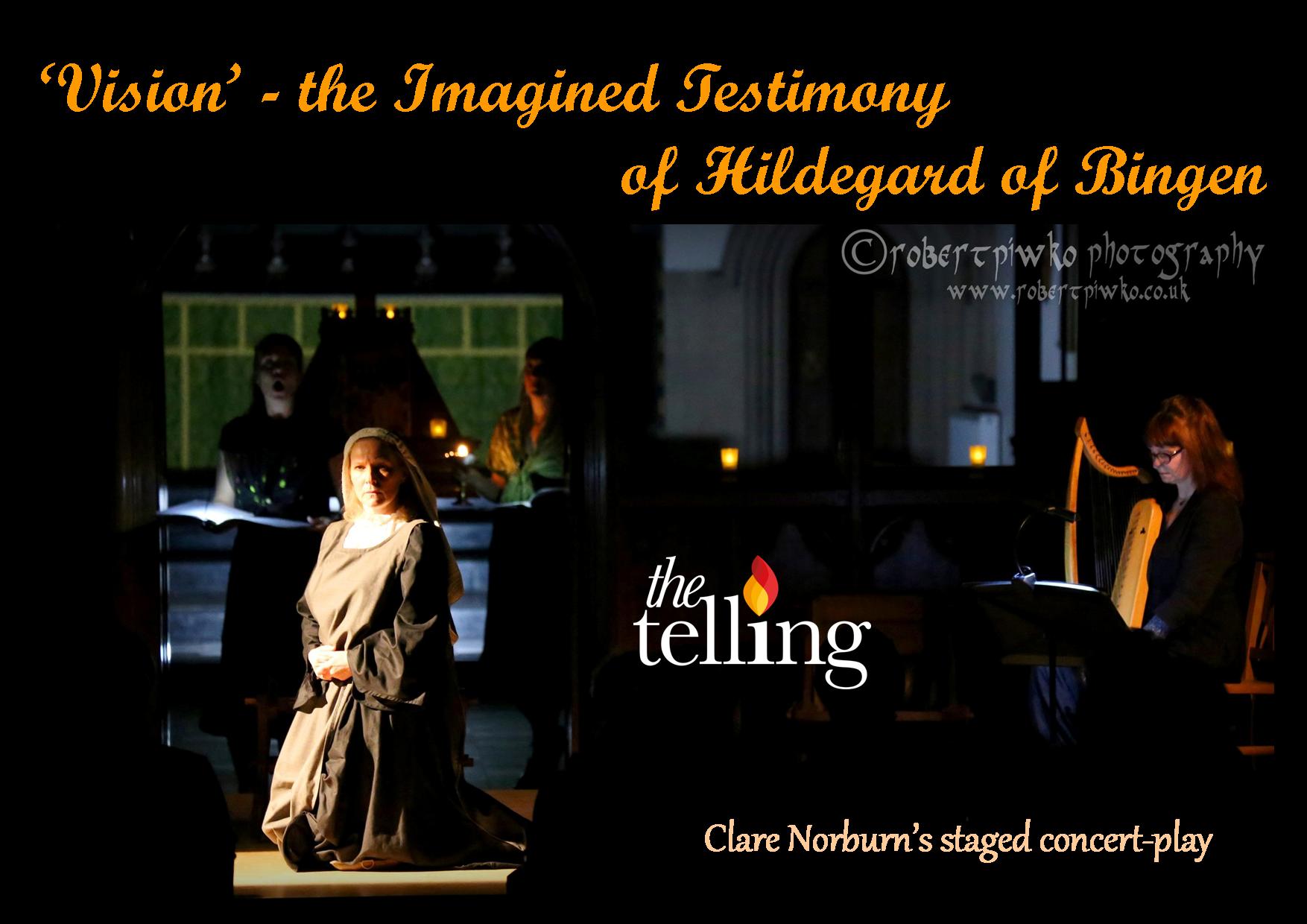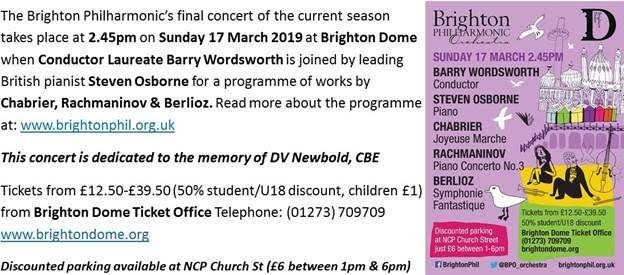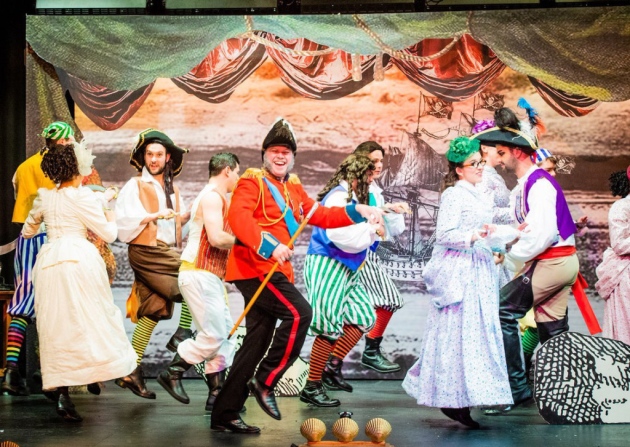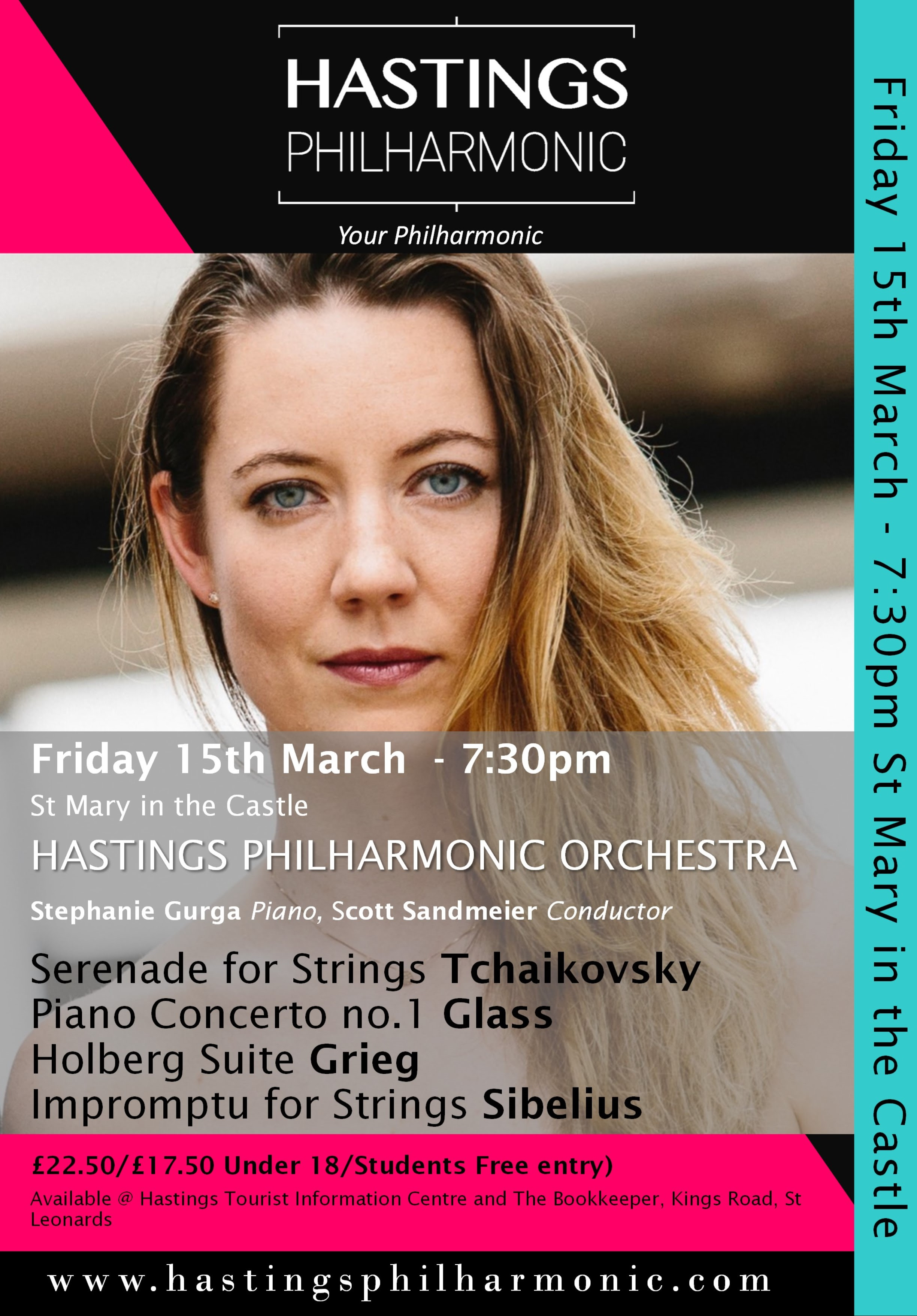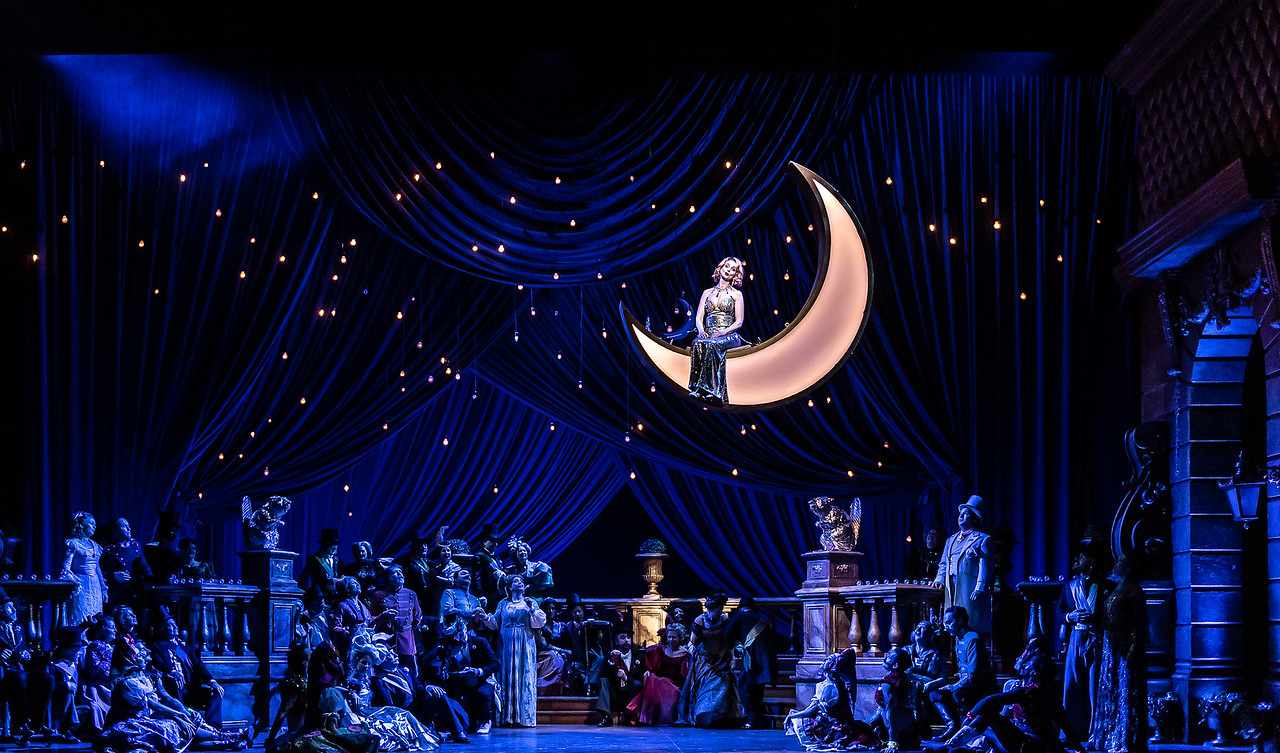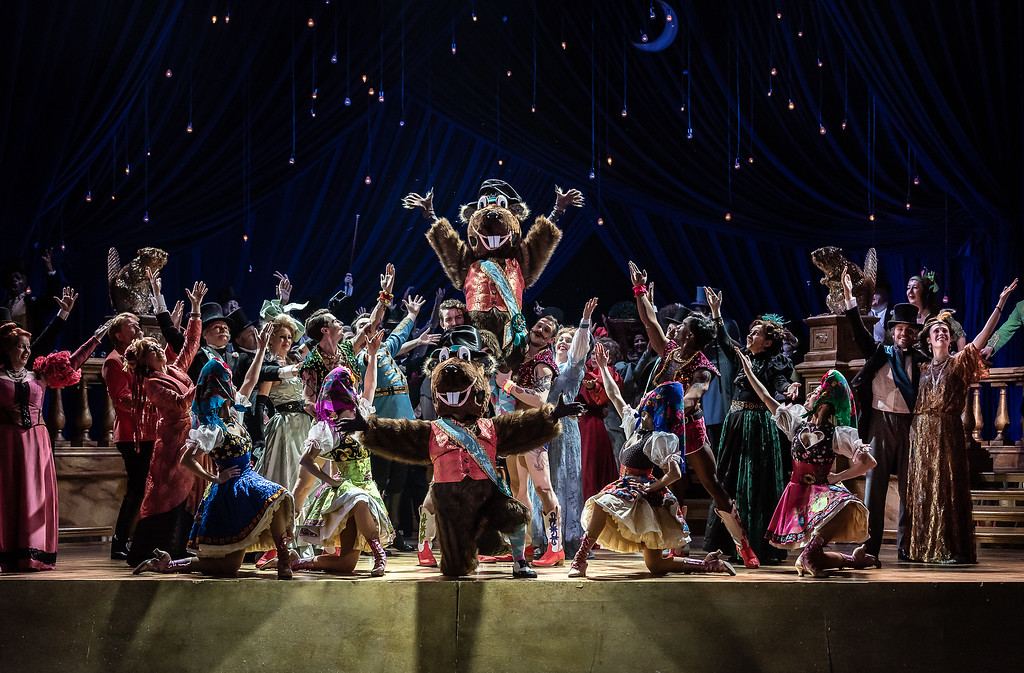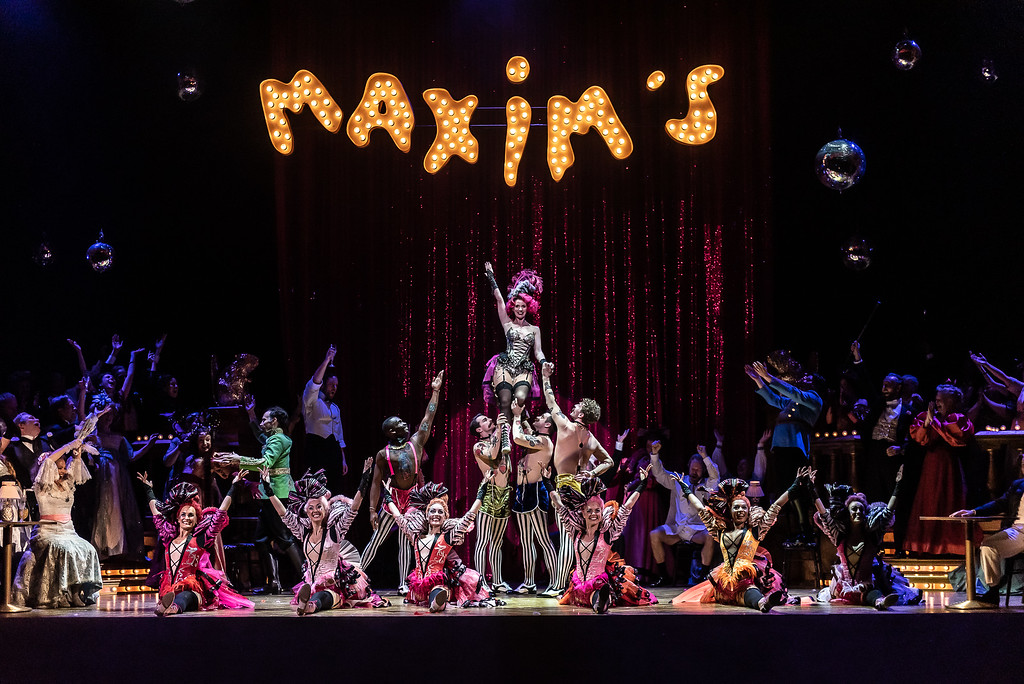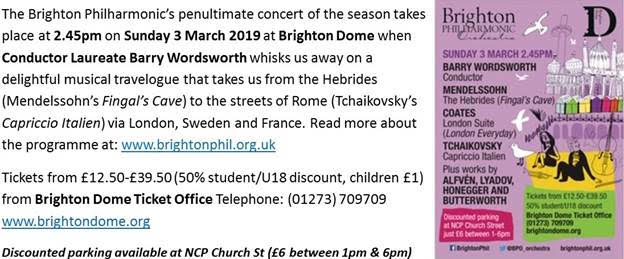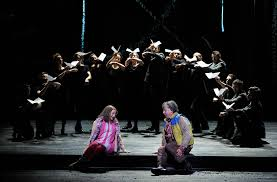Puccini: Tosca
Staatskapelle Dresden, Christian Thielemann
UNITEL 748308
Just occasionally a new production rings all the right bells even though it is unconventional. This modern dress approach by Michael Sturminger starts in an underground car-park with a shoot-out – it is Angelotti escaping. However unexpected this might be, the characterisation is spot on and in Ludovic Tezier we have one of the most convincing Scarpias I have ever encountered. The denouement is equally startling but I won’t give the game away. Anja Jarteros is a convincing opera singer as Tosca and her solid Cavaradossi, Aleksandrs Antonenko, provides heroic top notes where needed. Chorus are more involved than usual and using the boys as the firing-squad is brutal but absolutely in keeping with the fascist character of the whole presentation. Christian Thielemann’s handling of the score is masterly. Well worth seeing, even if you think you know everything there is to know about Tosca.
Chabrier: L’Etoile
Dutch National Opera, Patrick Fournillier
NAXOS 2.110595
I wanted to like this, for the music is entertaining throughout, but it really is a little too fantastical for the every day. Thankfully it is very well sung and the orchestra is spritely throughout, though for once an audio recording might have done just as well.
Fairytale Operas
Hansel & Gretel: The Cunning Little Vixen; The Adventures of Pinocchio
OPUS ARTE OA 1270 BD
The Hansel & Gretel comes from the Royal Opera under Colin Davis and dates from 2008; The Cunning Little Vixen is the Glyndebourne production of 2012 conducted by Vladimir Jurowski and Jonathan Dove’s The Adventures of Pinocchio is from Opera North under David Parry in 2008. The linkage may be somewhat dubious but the strength of the individual productions makes this a very satisfactory line up. The Vixen is probably the most familiar of the three, though the Hansel & Gretel was famous at the time for the performance of Anja Silja as the Witch. Having first seen her in Bayreuth in 1965 her performance here is amazing and quite compelling. The rarity if the Jonathan Dove which is certainly not out of place and will hopefully be seen by far more enthusiasts because of the coupling. With box sets being such a normal part of life today it should succeed.
Dvorak: Symphony No 9
Radio-Sinfonieorchester Stuttgart des SWR, Roger Norrington
SWR 19515CD
This is a live recording made in Stuttgart in 2008 and has Roger Norrington’s seal firmly stamped on in in terms of its tempi and balance. Highly enjoyable if at times idiosyncratic.
Bach Cantatas
Amici Voices
HYPERION CDA 68275
We have become used to Bach with smaller vocal forces, which the Amici Voices provide here to splendid effect. The three cantatas include Gottes Zeit ist die allerbeste Zeit which gives an interesting insight into Bach’s approach to death. Where so many of the cantatas are full of remorse and confession, this funeral cantata is remarkably cheerful as it looks forward to eternal life. The other two cantatas are Komm, Jesu, komm and Himmelskonig, sei willkommen together with an arrangement of O Gott, du frommer Gott.
Sousa: Music for Wind Band – 18
Trinity Laban Wind Orchestra, Keith Brion
NAXOS 8.559812
I love this series and wonder how much longer it will go on for. Yet again there is a great deal to enjoy here and the Trinity Laban Wind Orchestra give us exhilarating performances. Much of the music seems tongue-in-cheek, particularly The Stag Party which in the nineteenth century was a student night out and nothing to do with weddings. The Merry-Merry Chorus is recorded, surprisingly, for the first time – but we can only look forward to the next instalment.
Boieldieu: Piano concerto; six overtures
Orchestra della Svizzera italiana, Howard Griffiths
CPO 555 244-2
I first encountered Boieldieu as a statue in the Place Boieldieu in Rouen but at the time knew nothing of his music. Even today, with so many recordings available, he is not often encountered. All the more welcome then this recording of so many of his overtures, some of which occasionally see the light of day at the start of a concert but are otherwise ignored. The Piano Concerto is pleasing but does not have the musical life or immediacy which the overtures require.
Tippett: Symphonies 3, 4 & B flat
BBC Scottish Symphony Orchestra, Rachel Nicholls, Martyn Brabbins
HYPERION CDA 68231/2
Not an easy listen but a compelling one. Tippett has unfortunately dropped out of favour since his death which is hardly justified by the quality of his large output. If you need a way into this new cd then the Symphony in B flat will certainly help. An early work, it is closer to the lyricism of his earlier operas that the later symphonies and so provides a link into the more demanding later works. Martyn Brabbins handles the scores with skill and authority.
More CD reviews to follow for March 2019

